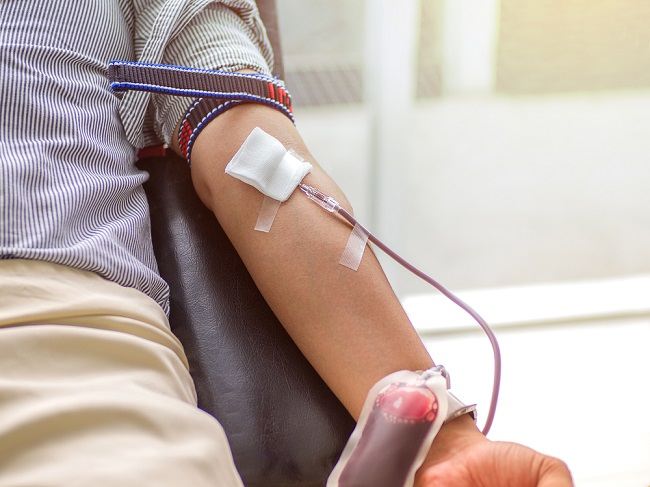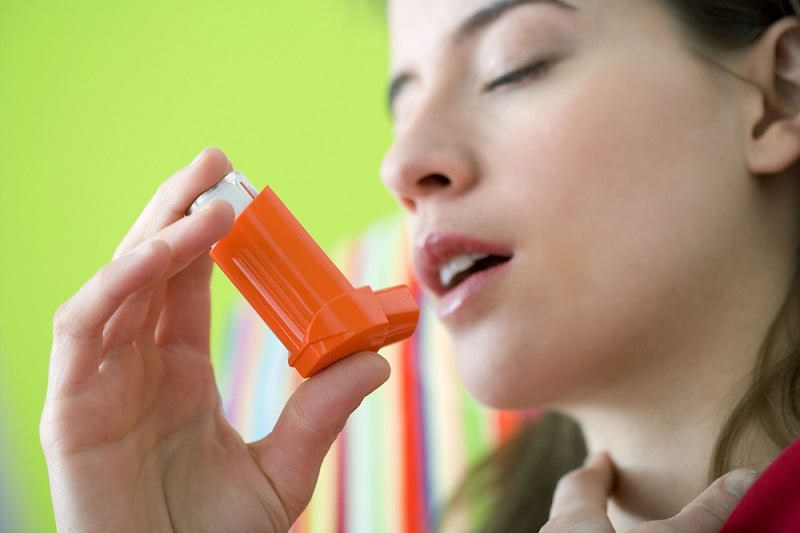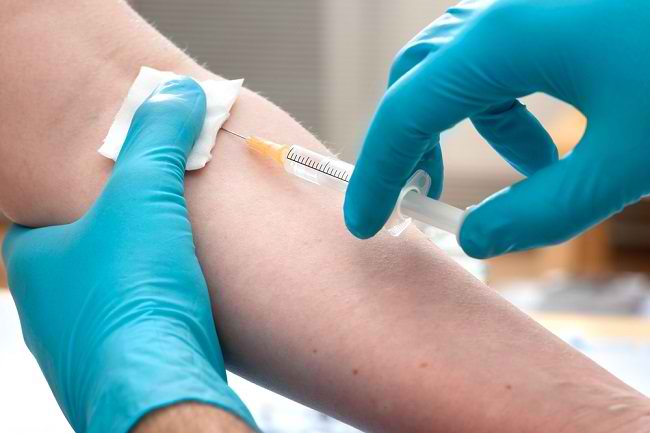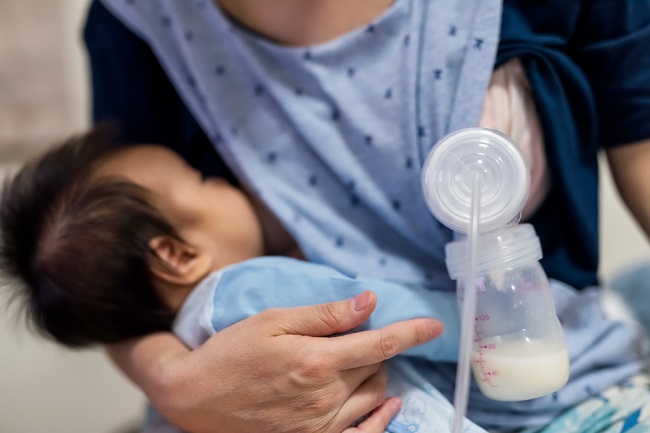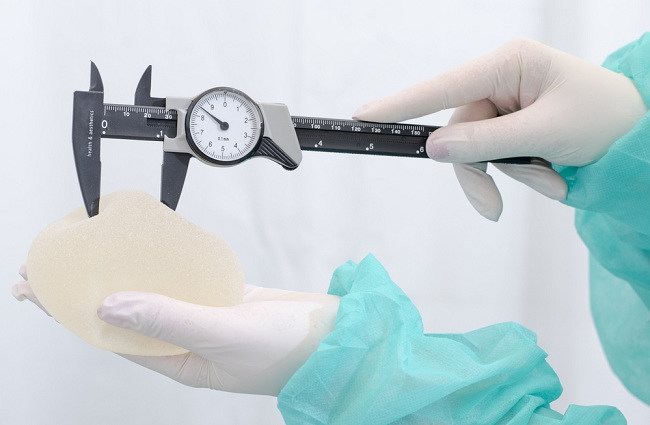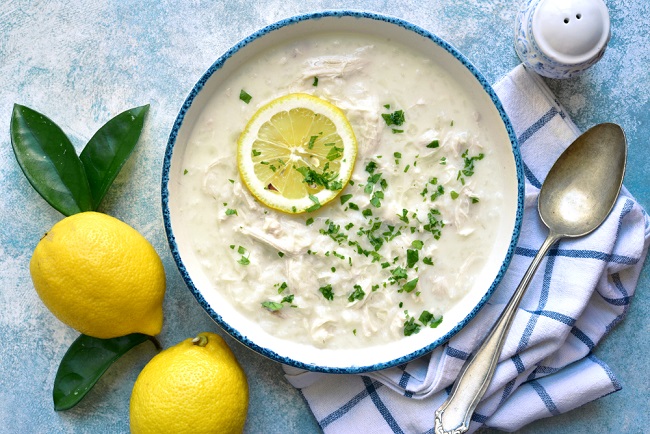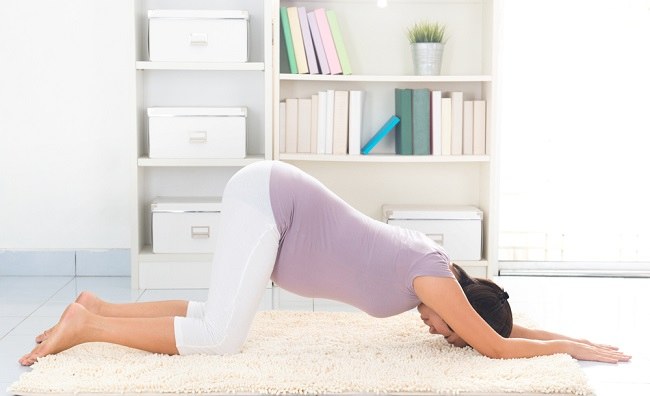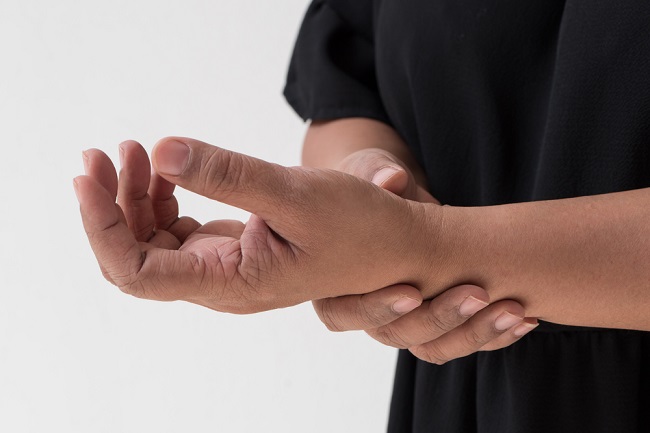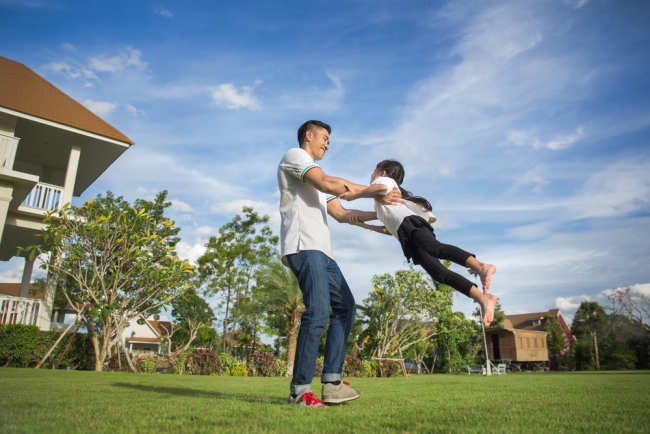The role of parents in a child's life is an important factor in helping children mentally prepare to face the outside world when they grow up. Not only love and affection, parents also have to make sure their little one lives in a safe and comfortable environment.
In order to ensure the continuity of their adult life, children must be equipped with the resources and abilities to be successful in the future. Even so, each child is a unique individual who will eventually develop in their own way.

The following are some guidelines that Mom and Dad can use to guide your little one at each stage of their development.
- 0-3 months old baby
Your little one will begin to learn to recognize the sounds, faces, and touches of those closest to him. At the age of three months, your little one will also begin to enjoy playing time with adults by often imitating the babbles and sounds that Mom and Dad make.
Here the role of parents will greatly help the Little One in developing his abilities. Give your child touch and eye contact when Mom and Dad sing, talk, or read him a storybook. Give it time too tummy time for your little one from birth that can build muscle strength and stimulate them to move. The trick is to lay the baby on his stomach.
- 4-7 month old baby
Your little one will pay more attention to the surrounding environment. Don't be surprised if later he will turn around when Mom or Dad calls his name. Mothers can also help develop their physical abilities by supporting them when sitting or positioning your little one on his stomach or back so he can play.
In this phase, you can also start establishing a routine when it comes to feeding, sleeping, or playtime. For example, you can start a bedtime routine by bathing her before bed. One suggested that babies do not need to be bathed more than twice a week. The thing to remember is to make sure that the soap used is a special soap for babies that is gentle to prevent skin irritation.
Use baby bath products that are pH balanced for baby's skin. Your baby's skin will slowly change from neutral at birth to slightly acidic (pH=5) in a few weeks. This slightly acidic layer acts as a defense layer to protect the baby's skin. Therefore, it is recommended to choose baby bath products that have a balanced pH for baby's skin.
- Baby aged 8-12 months
Your little one is able to sit up without needing help and is starting to be able to reach for anything nearby to support himself standing on his own. At this age, you can also hear his first words, such as 'mama' or 'papa'. The little one also starts to worry if his parents leave him or feel afraid of faces he doesn't recognize.
Invite him to talk and play together. This phase is an important moment for language development. Try to talk about what you're doing or whatever you're both looking at. As your little one becomes more and more active, it's important to create a safe space for him too. Give praise when your little one behaves well. Instead, just say 'no' and distract him when he does something he's not allowed to do. To deal with his anxiety, try to always tell your child whenever you intend to leave him for a while.
At this time, your little one will be more susceptible to diaper rash. If diaper rash strikes, you need to check the diaper he is wearing more often and change it immediately if it is wet or dirty. Apply a diaper rash cream to your baby's cleaned and dried skin. Choose a cream that contains zinc oxide or a l l antoin .
- 1-2 years old baby
Your little one will start wanting to do everything on their own, from wearing clothes, washing hands, to using eating utensils. Your little one is also starting to understand a lot more than he can say. At the age of two, he had already mastered a few short sentences.
Mother's role here is to set an example of right and wrong words and actions. Provide simple and clear boundaries of what he can and cannot do. Also give appropriate praise or reprimand. Mother should be careful not to reprimand her when the Little One uses the wrong word. It is enough to correct what is wrong with his words.
Also make sure to give him lots of opportunities to play outdoors such as at the playground, zoo or just walking in the park. At times like this, special wipes for babies are very helpful when changing your little one's diaper and there is no water available for washing. Choose products that are alcohol-free and have been tested by dermatologists to reduce the risk of skin irritation. Also use baby products that are free of parabens, a type of preservative that is often used in baby products. Avoid products that contain other types of parabens such as: ethylparaben, methylparaben, butylparaben or propylparabene.
- 2-3 years old
Now, your little one already has an increasingly complex collection of vocabulary accompanied by more active movements. Not only jumping and climbing stairs, children will also learn how to open doors and play with more complicated toys. He also began to build social relationships with his playmates of the same age.
Regarding this, Mother plays a role in supervising and protecting children when playing with friends their age. If your little one starts to argue with his friends, give him a chance to work things out on his own. Even so, you must always be ready to teach your little one to share and take turns with his friends if needed. Your little one needs your help to regulate their emotions and solve problems.
Moms and Dads need to know that the above guidelines are just general advice. Seek guidance from trusted sources or advice from a pediatrician. Even so, doing the above methods consistently is expected to train your little one to be independent and develop according to their age. These two things are very important to support the development of the Little One into adulthood.
